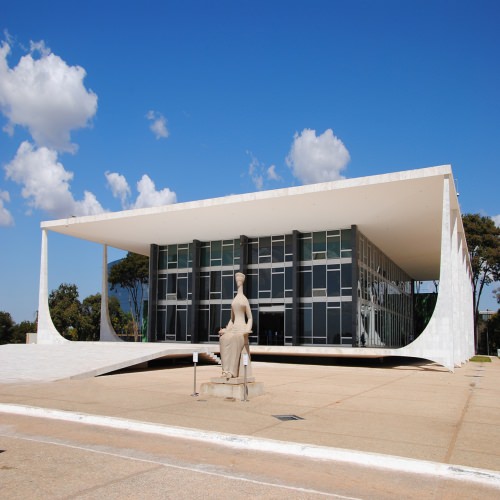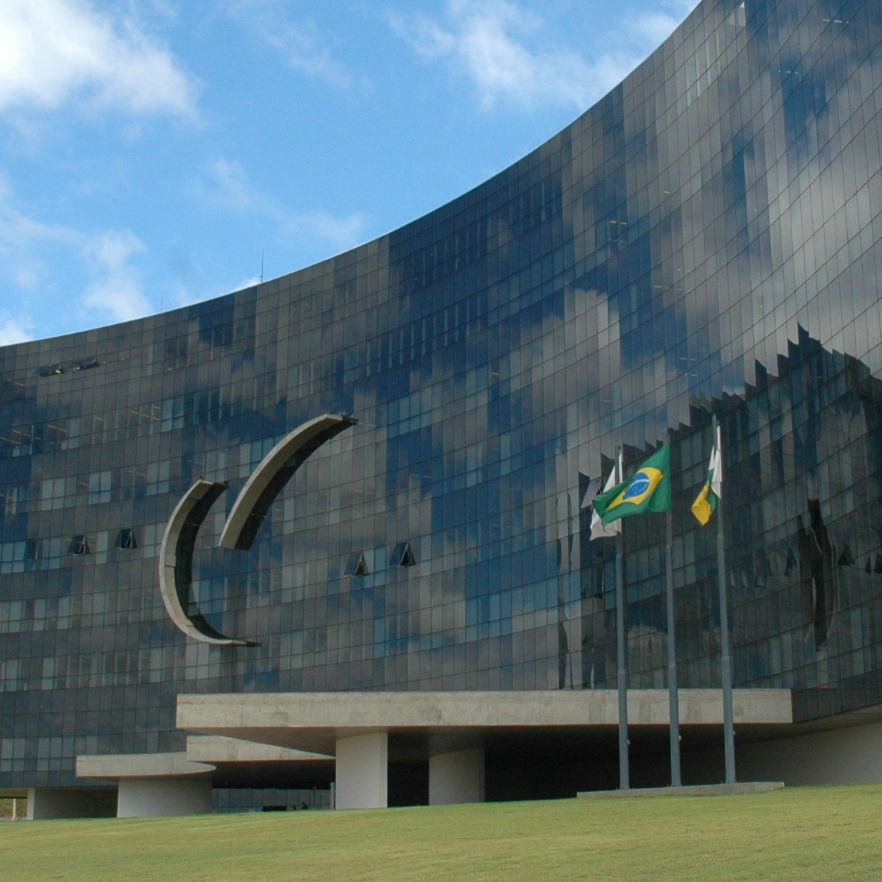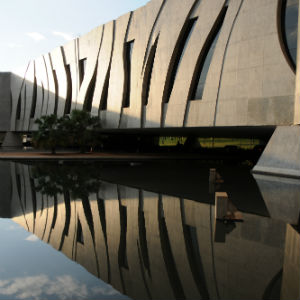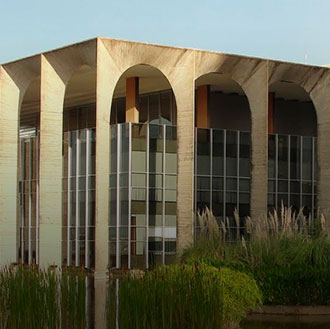New regulation on the interpretation of commercial contracts – a positive impact on the production of audiovisual works
New legislation on contract interpretation may encourage investments in the production of audiovisual content by helping mitigate risks and addressing uncertainties. These are the so-called Economic Freedom Act (Law No. 13,874/2019) and Law 13,655/2018, which amended the Law of Introduction to the Norms of Brazilian Law – LINDB (Decree-Law No. 4,657/1942).
Audiovisual works rely on the participation of several individuals, some of whom are entitled by law to copyright protection over their works or performances. Yet, this cooperative work is often the result of an entrepreneurial activity. Therefore, many foreign legislations grant copyright protection to the producers responsible for the investment and organization of this entertainment venture.
The Brazilian copyright legal framework protects the rights of authors whenever a work is created and grants neighboring rights when it comes to artistic performances. In both cases, economic and moral rights are attributed to the rightsholders over their works. Consequently, production companies must rely on contracts in which such individuals authorize them to economically exploit the audiovisual work.
The exercise of the individuals’ rights may present hurdles (or restrictions) on the full exploitation of the work’s economic rights by the producer. These obstacles are related to the exercise of the moral rights; to a certain right to receive remuneration for each exploitation of the audiovisual work; to the limits imposed by the legislation on the contractual penalty in case of the early termination of the service agreement by the talent, among others.
While the legal intent to protect the individual’s rights is fair, it is important not to lose sight of the bigger picture, which is the entertainment business venture in which the artists agreed to participate. No one would invest money in a venture if there were great uncertainty about the right to profit from it. Yet, it would be senseless that one individual’s right over a cooperative artistic work could impact the other stakeholders; particularly the entrepreneur.
The recently enacted Economic Freedom Act and Law 13,655/2018, which amended the Law of Introduction to the Norms of Brazilian Law, aims to improve the business environment and encourage investment and entrepreneurship. These laws are expected to contribute to the improvement of the entertainment industry business’ landscape in Brazil.
The Economic Freedom Act, that sets forth norms to protect the freedom of entrepreneurship and the exercise of economic activities, reinforces the assumption that there are not inequalities among parties negotiating a private contract and thus, they can freely negotiate its terms and conditions. It also states that courts shall avoid interventions or revisions of such contracts and rely on objective criteria when interpreting them. Yet, it sets forth that agreements must be interpreted taking into consideration customary market practices; the allocation of risks and the economic rational in which the parties leaned on.
This law ratified the position of Brazilian scholars who support the minimum intervention in commercial contracts and the presumed symmetrical position of economic agents, who act on informed and reliable basis. Consequently, contractual provisions shall not be overturned due to eventual imbalances or unfairness.
Last, among the novelties included in the LINDB, there is the principle that administrative or judicial rulings that invalidate commercial agreements must be motivated, reasonable and rely on a previous assessment on its practical impacts.
Hopefully the Judiciary and competent administrative bodies will take into consideration the important principles enshrined in those laws when deciding conflicts between entertainment industry’s stakeholders, encouraging the investment in such an important segment of the Brazilian market.
Authors: Simone Lahorgue Nunes, partner of Levy & Salomão Advogados, and Silvia Fidalgo Lira , partner of Ferraz de Camargo e Matsunaga .
Special thanks to Ana Clara Camilo for contributing to the article.













(1).jpg)




.jpg)










.jpg)




